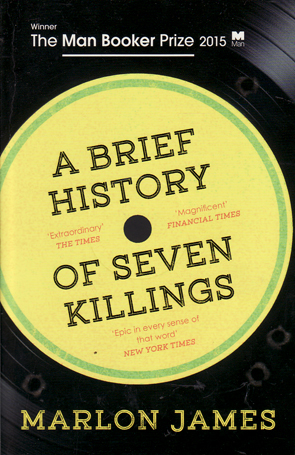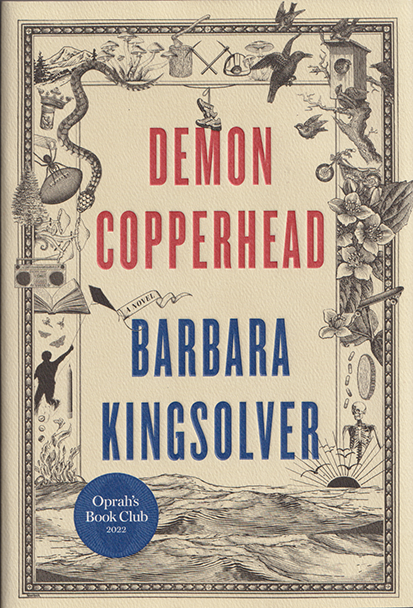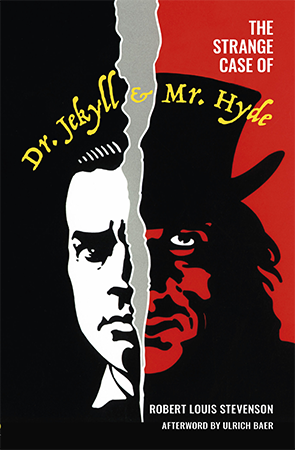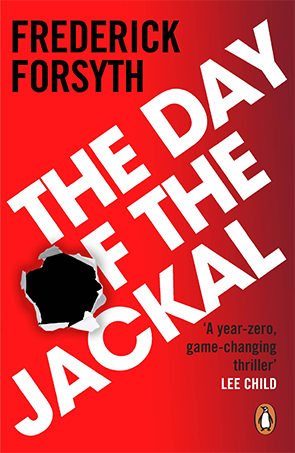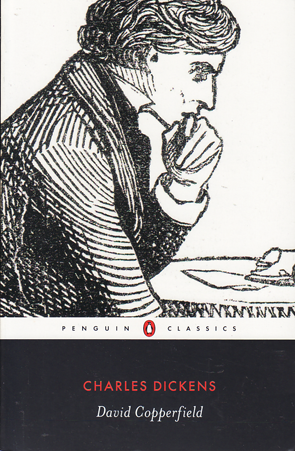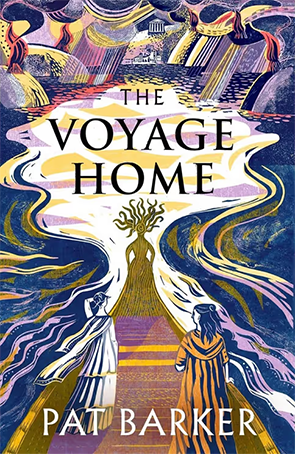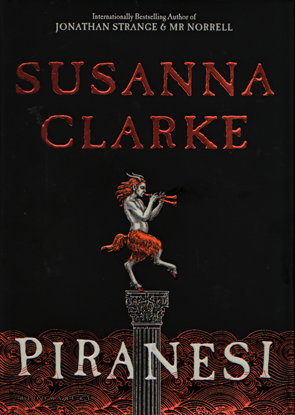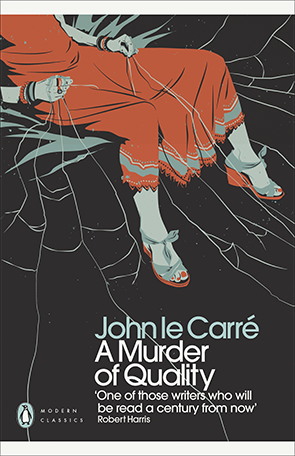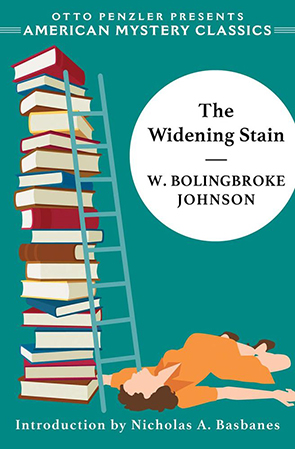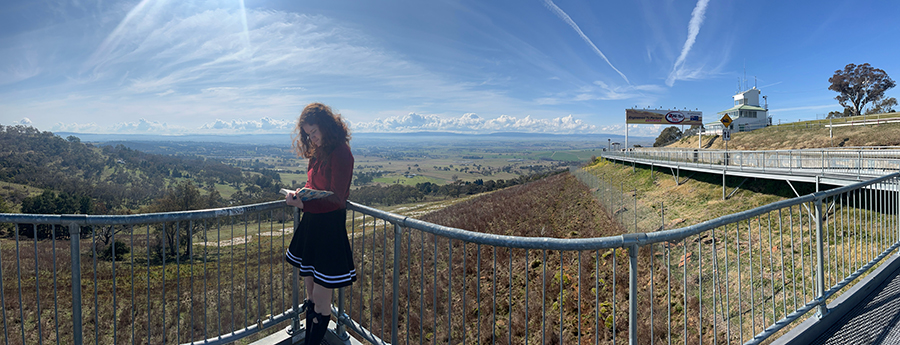
The Booker Prize
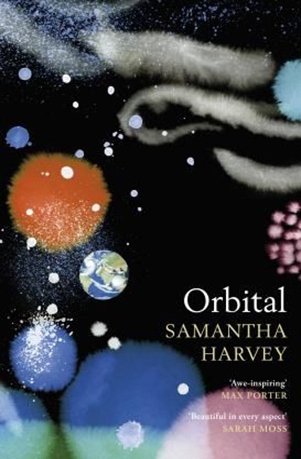
With this project we have a long-term commitment to read and review all Booker Prize winners since 1969.
The Booker Prize winner for 2024 is Orbital by Samantha Harvey.
‘Samantha Harvey’s compact yet beautifully expansive novel invites us to observe Earth’s splendour from the drifting perspective of six astronauts aboard the International Space Station as they navigate bereavement, loneliness and mission fatigue. Moving from the claustrophobia of their cabins to the infinitude of space, from their wide-ranging memories to their careful attention to their tasks, from searching metaphysical inquiry to the spectacle of the natural world, Orbital offers us a love letter to our planet as well as a deeply moving acknowledgement of the individual and collective value of every human life.’
- thebookerprizes.com
The 2024 Shortlist for the Booker Prize also included:
Project Progress
38 of 61 Booker winners reviewed
View the Booker Prize Winners and those we have reviewed by clicking
here.

The International Booker Prize

The Booker Project also involves a long-term commitment to read and review all International Booker Prize winners since 2016.
The International Booker Prize winner for 2025 is Heart Lamp by Banu Mushtaq.
‘In a dozen stories – written across three decades – Banu Mushtaq, a major voice within progressive Kannada literature – portrays the lives of those often on the periphery of society: girls and women in Muslim communities in southern India. These stories speak truth to power and slice through the fault lines of caste, class, and religion widespread in contemporary society, exposing the rot within: corruption, oppression, injustice, violence. Yet, at its heart, Heart Lamp returns us to the true, great pleasures of reading: solid storytelling, unforgettable characters, vivid dialogue, tensions simmering under the surface, and a surprise at each turn. Deceptively simple, these stories hold immense emotional, moral, and socio-political weight, urging us to dig deeper. ’
- thebookerprizes.com
The 2025 Shortlist for the International Booker Prize also included:
- On the Calculation of Volume I Solvej Balle (trans. Barbara J. Haveland)
- Small Boat Vincent Delecroix (trans. Helen Stevenson)
- Under the Eye of the Big Bird Hiromi Kawakami (trans. Asa Yoneda)
- Perfection Vincenzo Latronico (trans. Sophie Hughes)
- A Leopard-Skin Hat Anne Serre (trans. Mark Hutchinson)
Project Progress
9 of 10 International Booker winners reviewed
In the long term, we hope to review all the Booker Prize winners.
Homer and The Epic Cycle

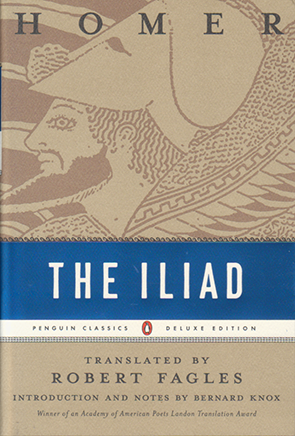
This project is based around a reading of Homer's The Iliad and The Odyssey as well as sources that help us reconstruct the lost poems of The Epic Cycle, books related to the myths of the Trojan War, now lost to us. These books told stories well-known to us but not included in Homer’s surviving poems: the Judgement of Paris; the Trojan Horse; the death of Achilles and other stories.
For each of these lost books we will provide our own summary and commentary using retellings, sources based on the lost poems and scholarship, as well as look at art inspired by the stories. For Homer’s poems we will provide summaries and provide analyse of aspects specific to each book in the epic poems. Each book has a dedicated page which includes art inspired by moments from these epic poems.
Long regarded as one of the pinnacles of Western literature, The Iliad tells the story of the Trojan War in its final days, as Achilles, the supreme Grecian warrior, withdraws from the conflict over a disagreement with Agamemnon.
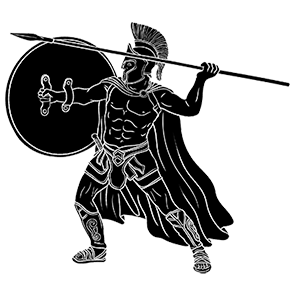
The Odyssey is the story of Odysseus’ long trek home after the war ends.
The ancient Greeks regarded these poems as a representation of real history, and in the 19th century the Homer enthusiast and amateur archaeologist, Heinrich Schliemann, excavated what is now believed to be the site of the ancient conflict.
Click here to visit the main page for this special reading project.
(Please Note: This is an ongoing project and most pages are incomplete)
The Iliad Progress
All books of The Iliad have been completed
The Golden Age of Crime Fiction

The Golden Age of Crime Project is an ongoing commitment to read and review books from the Golden era of Crime Fiction.
The Golden Age of Detective Fiction was an era of classic murder mystery novels, predominantly from the 1920s and 1930s. Well known writers of the Golden Age include Agatha Christie, Dorothy L Sayers, Margery Allingham, Ronald Knox, Anthony Berkeley and G. K. Chesterton.
But these books have roots in earlier works of detective fiction, and there are still mysteries being written today that would fit in with the ‘feel’ of the Golden Age (Anthony Horowitz is an excellent example of a modern day writer of contemporary ‘Golden Age’ mysteries).
For this special reading project I am reading as widely as possible from this era, but especially books by authors suggested by Martin Edwards' study of the period, The Golden Age of Murder.
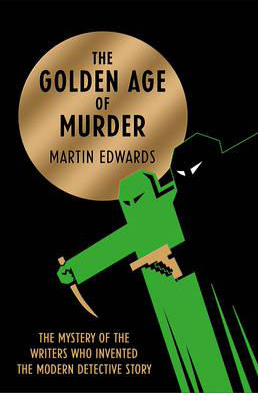
Martin Edward's The Golden Age of Murder is an account of the Detection Club, featuring some of the most famous crime writers of the first half of the 20th Century, as well as the background to famous and obscure crime fiction from this era. This book was the initial inspiration for this project. You can read our review of this book here.
Click here to visit the main page for this special reading project.
Project Progress
This project has no fixed completion
The Count of Monte Cristo
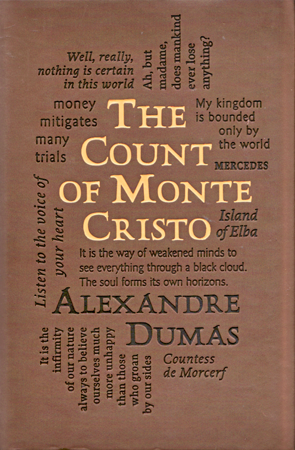
Our second long-term Special Reading Project, now complete!
I read Alexandre Dumas's The Count of Monte Cristo as a long term reading project. The book is long, over 1000 pages of small print and 118 chapters. I decided as I read, since I would not always have time to read it consistently, that I would make a chapter by chapter summary.
The novel begins in the period just before Napoleon's escape from the island of Elba. Edmond Dantes is arrested and imprisoned after he is framed as a Napoleon conspirator. This is the story of his escape, how he finds his fortune and seeks revenge on those who betrayed him.
For those interested in reading the book, or simply curious to find out more, click on the cover of the book or click here. You will have access to the full summary I wrote, character notes on the major characters, a downloadable character map I produced, as well as a quick access to my review of the book and a link to the Gutenberg Project, where you can download the book for free.
The Federalist Papers
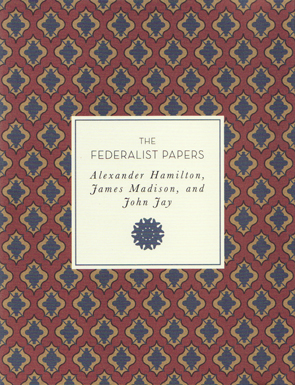
Our first long-term Special Reading Project
The Federalist Papers were written in 1787 to 1788 to defend the new American Constitution against its critics. They explained the Constitution and have provided future generations guidance as to how the Founding Fathers intended the Constitution to be interpreted.
The Federalist Papers, written by Alexander Hamilton, John Jay and America's fourth president, James Madison, cover issues of America's independence, including the need to ensure against foreign influence, as well as how the new Federal Government would operate. The Federalist Papers also deal with the separation of the powers of each branch of government, as well as government oversight, which includes the power of Congress to impeach. For these reasons, The Federalist Papers are still important documents which have been referred to in debates about the presidency of Donald Trump.
You can now read summaries and commentaries of all 85 Federalist papers here on the Reading Project.
Other recommended websites on Neocities!
Our Website Button

Copy the above button if you wish to link to this site
If followers have buttons we add them automatically. Otherwise contact us if you would like your own button displayed on this page


